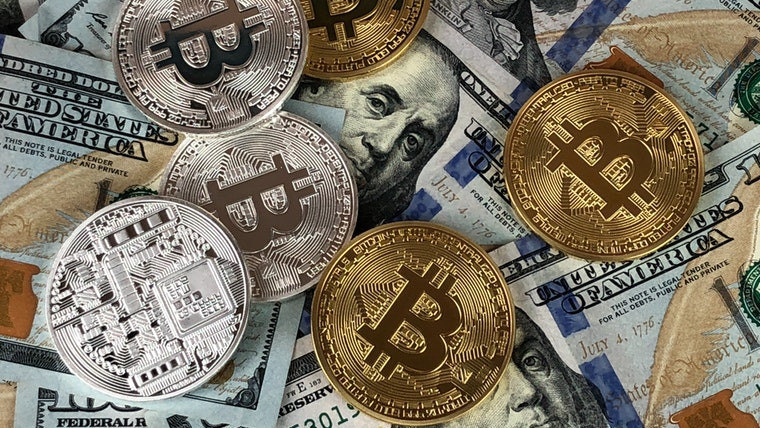
U.S. Federal Reserve Governor, Lael Brainard, has reignited discussion of a government-issued digital currency while speaking at a conference on payments at the Stanford Graduate School of Business. The idea of nationally backed cryptocurrencies has been discussed for several years now with China even claiming that its national cryptocurrency is “almost ready”.
Speaking at the even Brainard said:
“[The Federal Reserve is] conducting research and experimentation related to distributed ledger technologies and their potential use case for digital currencies, including the potential for a CBDC (central bank digital currency).”
Perhaps one of the most mature cryptocurrency projects is Facebook’s Libra. As this is one of the first attempts by a company to develop its own cryptocurrency it has met resistance from authorities all around the world which has resulted in several of its backers pulling their support from the project; such backers included Mastercard, Visa, eBay, and Stripe.
With Libra's regulatory plight likely on her mind, Brainard went on to say:
"In the United States no less than in other major economies, the public sector needs to engage actively with the private sector and the research community to consider whether new guardrails need to be established, whether existing regulatory perimeters need to be redrawn, and whether a CBDC would deliver important benefits on net."
It’s very unlikely that the United States will issue its own digital currency any time soon because it needs to work out how it will deal with issues it already foresees such as privacy and fraud protection and issues that it has not anticipated. The major benefit to developing a cryptocurrency is that it can drastically reduce transaction fees, something that Facebook’s Libra is promising to bring to low levels or eradicate altogether.
Source: Reuters








_small.jpg)










13 Comments - Add comment